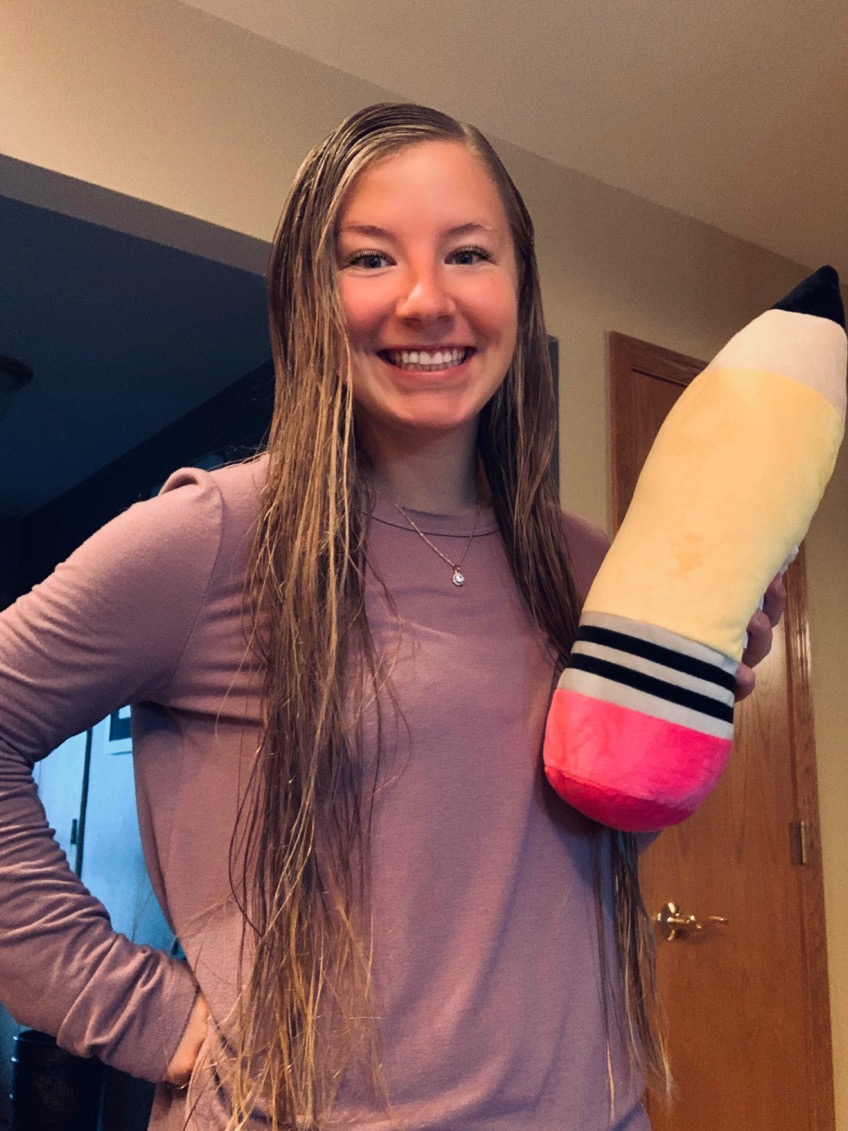Celebration of Scholars
High-leverage Practices (HLPs) Implemented in Urban Classrooms

Major: Elementary & Special Education
Hometown: Oak Lawn, IL
Faculty Sponsor: Jun Wang
Other Sponsors:
Type of research: Independent research

Major: Elementary & Special Education
Hometown: Racine, WI
Faculty Sponsor: Jun Wang
Other Sponsors:
Type of research: Independent research

Major: Elementary Education
Hometown: Kenosha, Wi
Faculty Sponsor: Jun Wang
Other Sponsors:
Type of research: Independent research
 Name:
Adriana Santana
Name:
Adriana Santana
Major: Elementary Education
Hometown: Ithaca, MI
Faculty Sponsor: Jun Wang
Other Sponsors:
Type of research: Independent research
Abstract
Throughout the semester we sat in on successful urban educators. As we watched these teachers we recognized high leverage practices that they were using to reach all students' individual needs. Along with watching, we were able to use what we have seen to put into practice when we taught our own lessons. The following data is here to highlight the key details in which we found implementation of HLPs to be successful in urban special education classrooms.
The purpose of this study is to identify some high-leverage practices (HLPs) that are implemented in urban classrooms. It is well-documented that students in urban schools have lower measured achievement. Teachers often feel unprepared to teach students in urban schools regardless of their teacher education programs. Research has indicated that educational outcomes of students in urban schools may be improved by teachers who can implement some effective practices. HLPs, arranged into four major areas such as social-emotional-behavioral practices, instruction, assessment, and collaboration, is a series of effective practices that can be implemented by teachers of K-12 students with diverse characteristics and needs. In order for teacher candidates to become more prepared and be willing to work at urban schools, it is important to organize field experiences that can provide opportunities for teacher candidates to learn and apply these key HLPs through observation and teacher modeling.
A qualitative method is used to identify some HLPs that were implemented in urban classrooms. Four undergraduate teacher candidates immersed themselves in urban schools, collecting artifacts of HLPs and writing reflection papers from September, 2020 through November, 2020. By analyzing the artifacts and reflection papers across different observers, the most frequent HLPs implemented in urban classrooms are as follows: 1. Provide scaffold supports; 2. Use strategies to promote active student engagement; 3. Use flexible grouping; and 4. Use explicit instruction. Implications for future research and practices will be discussed.
Submit date: Feb. 22, 2021, 8:37 p.m.
